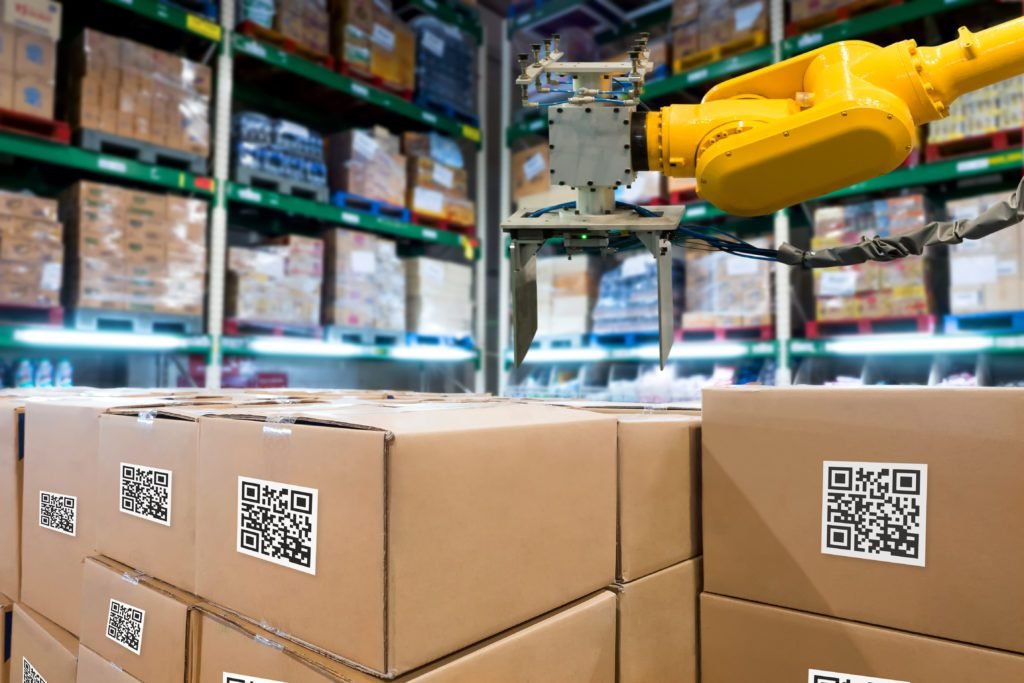Supply chain management (SCM) is the process of optimizing the development and flow of a product, from raw material procurement to production, distribution, and delivery to the final client.
SCM involves the integration planning and execution of processes designed to handle the flow of materials, information, and financial capital in operations such as demand planning, sourcing, production, inventory management and storage, transportation (or logistics), and returning excess or faulty goods.
To function, supply chain management requires a combination of corporate strategy, specialized tools, and teamwork. Professional certification in supply chain management can take you a long way.
Supply chain management generates a range of benefits, including increased earnings, a stronger brand image, and a competitive advantage. These are some examples:
- Improved ability to forecast and meet customer expectations
- Enhanced supply chain visibility, risk mitigation, and prediction accuracy
- Fewer process bottlenecks and less product waste
- Quality improvements
- Increased societal and environmental sustainability
- Fewer overhead
- Improved cash flow
- And better logistics
If you want to pursue a supply chain management career, you must know your job prospects. A Supply chain Management course will come in handy if you want to flourish in this field and bag a job in your desired company.
 Let’s check out a list of some giants that greatly need supply chain managers:
Let’s check out a list of some giants that greatly need supply chain managers:
- McDonald's serves roughly 70 million consumers every day. It accomplishes this by coordinating a vast network of suppliers, franchise owners, and service providers.
- Walmart is well-known for integrating path-breaking supply chain technologies and for developing novel routes to efficiency. Other companies frequently study Walmart's supply chain management practices in order to replicate its success.
- PepsiCo is the maker of well-known snack and beverage brands. It unveiled broad sustainability goals in 2019 that will drive the firm to reduce emissions and run leaner operations. PepsiCo is focusing more on optimizing its supply chain with enhanced data integration and inventory analytics, including ordering algorithms.
- Companies like Apple highly rely on supply chain management hence streamlining inventory management and limiting overstocking.
- Starbucks is another giant that depends on the supply chain and functions globally, reducing outsourcing costs and focusing on centralizations.
- H&M's supply chain focuses on intelligence and analytics, seeking to predict potential patterns of consumer behavior both online and in the brand's physical locations.
- Nestle is the world's largest food processing enterprise. Nestle established a "global coffee alliance" with Starbucks, which will offer the coffee bean sourcing aspect of the supply chain, while Nestle (which paid $7.3 billion for Starbucks licensing) would execute customer-end allocation. They are also moving to blockchain to monitor food journeys.
- Nike's current manufacturing model is primarily reliant on third-party contractors in countries such as Vietnam, and Indonesia. By 2023, 20% of Nike and Adidas shoe production will shift to more automated factories. Given Nike's existing reliance on offshore factory labor, this transition toward automation may necessitate a significant reorganization of its supply chain organization system.
- Intel IT is transitioning the historical supply chain into a new "glass pipeline," which increases decision-making skills and business agility. This project is concentrated on its Integrated Data Platform, which means that reports that used to take several hours to generate can now be generated in real-time as a result of speedier data access.
- Alibaba is another company that depends on supply chain management. In 2020, the company reached a milestone of US$1 trillion and boosted revenue by 35% a year. This growth was witnessed despite the ongoing pandemic.
So, it’s clear that supply chain management is required in several industries. Some of the most important ones are:
- E-commerce industry
- IT industry
- Food manufacturing industry
- Beverage Industry
- Fast food industry
- Retail industry
Conclusion:
There are institutes that provide a Professional certification in supply chain management. You must carefully pick the right one for a successful supply chain management career.
If you want to take up a Supply chain Management course, do not forget to check out what areas are covered by that course and whether it is accepted by companies all around the world.











